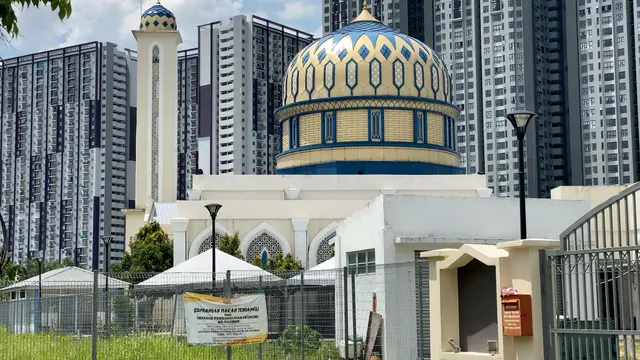02:04
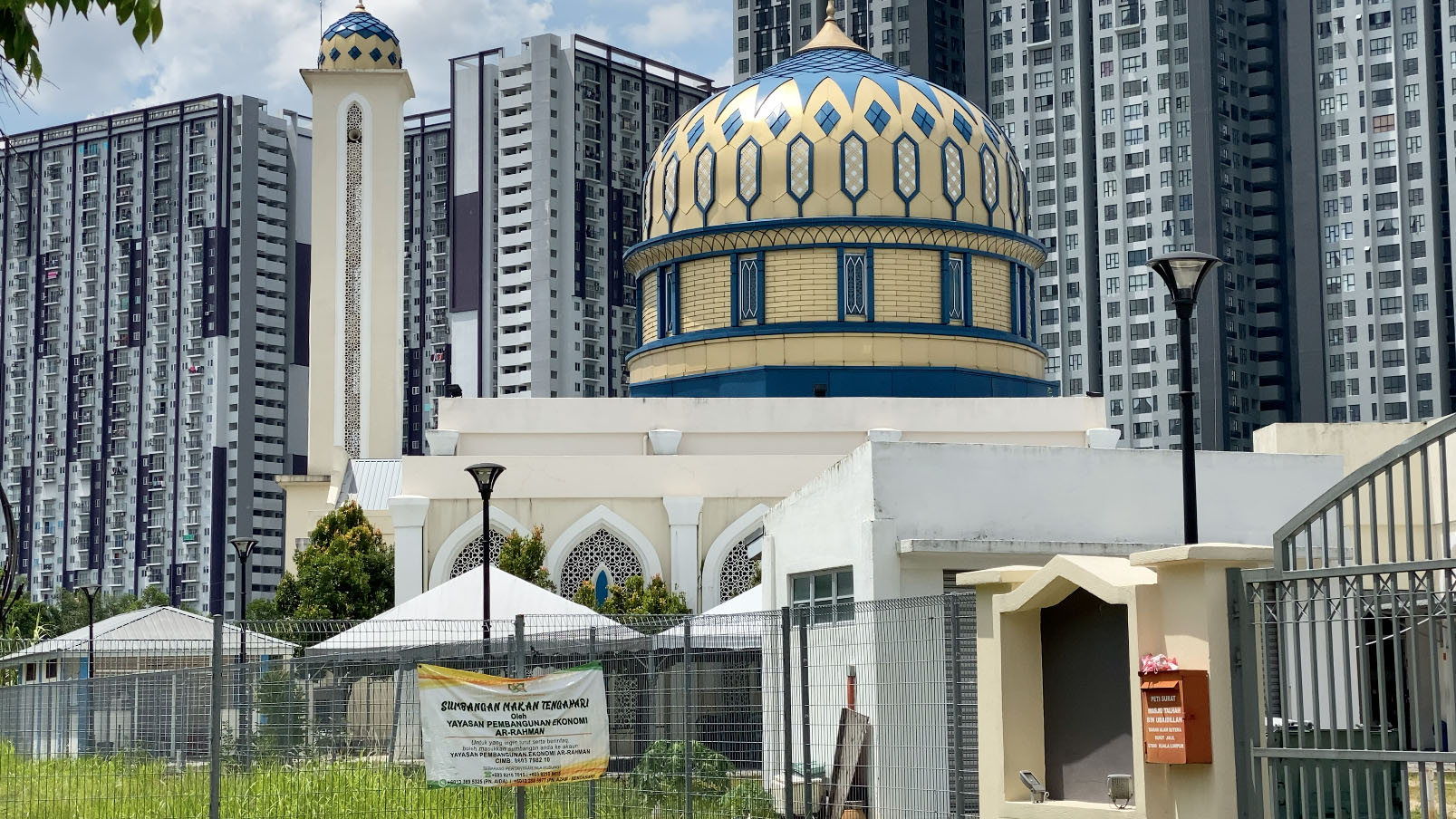
Some would think Malaysians would have been overjoyed at the easing of lockdown curbs, but that is not the case.
After almost seven weeks during which going grocery shopping was likely to be the only excursion most people made outside their homes (and only per person per household at a time), Prime Minister Muhyiddin Yassin announced that nearly all sectors of the economy would be allowed to reopen on May 4 and people could return to work.
Since March 18, only businesses and services deemed essential had been allowed to operate. And even as of May 4, all schools and universities are to remain closed, public gatherings banned, places of worship off limits and most interstate – let alone overseas – travel prohibited.
The decision came after Malaysia had seen the number of new coronavirus cases stay in double digits for close to two weeks, with a total of a little over 6,000 cases and just over 100 deaths.
But most Malaysians, it seems, have not expected the economy to be reopened so abruptly or sweepingly, not until the number of cases was maybe down to single digit.
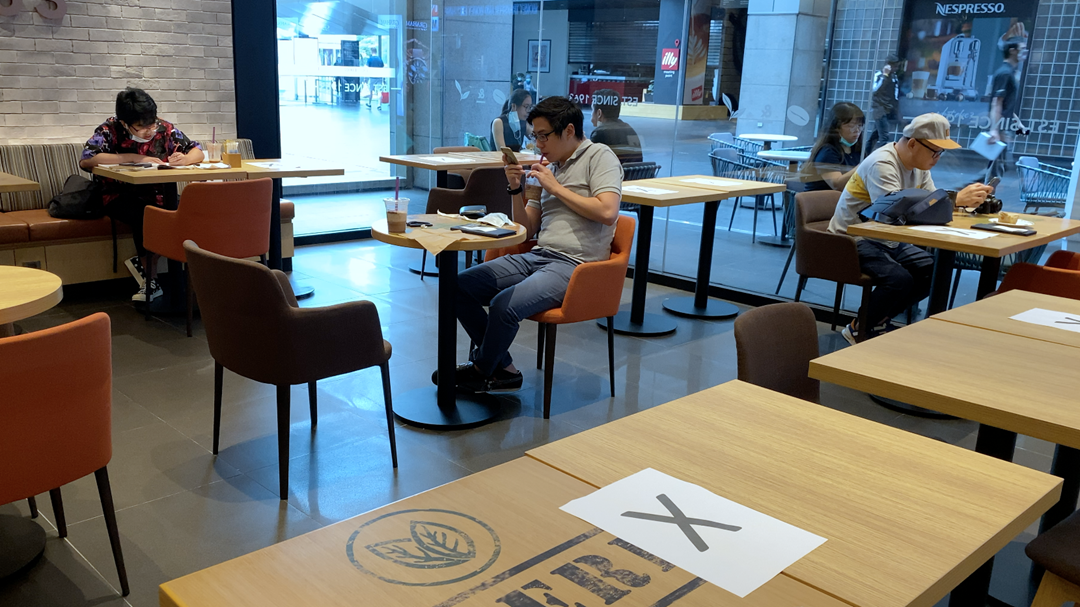
People can dine in for the first time in seven weeks in Kuala Lumpur, Malaysia. Rian Maelzer/CGTN
The reaction was swift. Within a couple of days, half a million people had signed an online petition urging the government to reconsider. Comments on social media were overwhelmingly pleading for caution, wanting the government to at least wait until after the so-called Movement Control Order expired on May 12.
"Time to worry, not rejoice," one person told CGTN. "I doubt our monitoring mechanism is foolproof enough to prevent a second wave. He (the PM) should have waited till May 12and put in place more controls."
"I do agree with them," said Wong See Mei, owner of a roasted duck and goose restaurant in Kuala Lumpur that reopened Monday after more than six weeks.
"Actually we should have waited one more week but, like us, we cannot sustain anymore," she said. "At least now you can sell a little bit, you get cash coming in, you can pay certain things like wages, rents, your electricity bills."
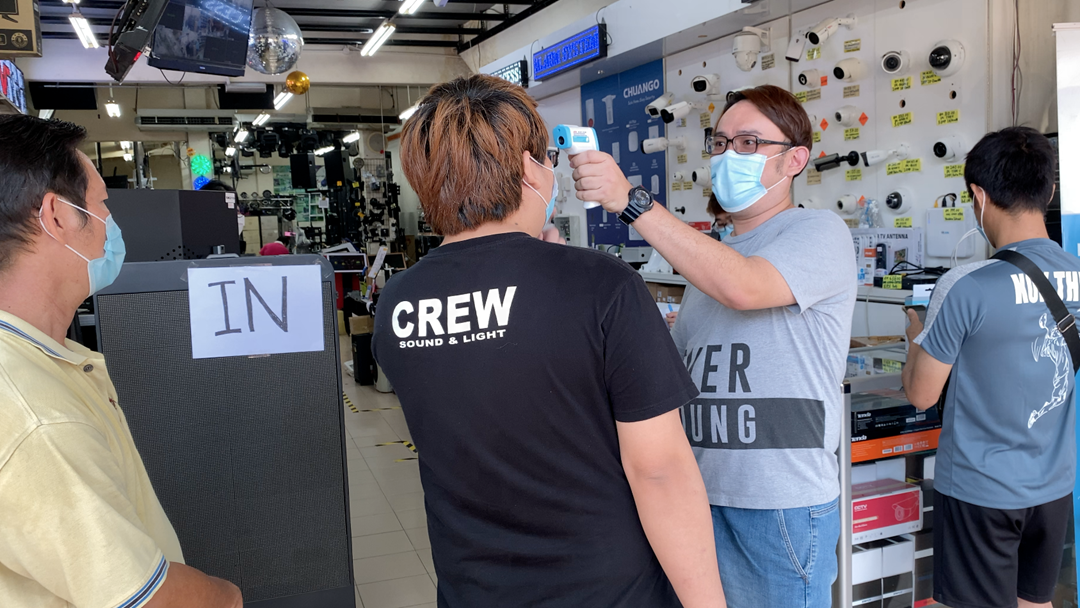
Most shops are taking precautions as the government requires in Kuala Lumpur, Malaysia. Rian Maelzer/CGTN
"Of course, I'm worried that I have opened now, but I've got no choice."
Her area of the capital known as Pudu is a hub for electrical and electronics supply shops. Many remained shuttered this week. Of the few that opened, most were ensuring people lined up outside at least one meter apart and wore masks. They were only allowing a handful of people to be inside at one time, and only after checking their temperatures and spraying their hands with sanitizer.
At the area's wet market, hundreds of workers, mostly foreign migrants, lined up to be checked for COVID-19.
With dine-in eating now allowed in Kuala Lumpur, restaurants had removed many tables to ensure customers stayed at least a meter and a half apart, while staff logged the names and phone numbers of the patrons in case they later need to be traced.
In the main shopping district known as the Golden Triangle, few people strolled the streets or visited the many shopping malls.
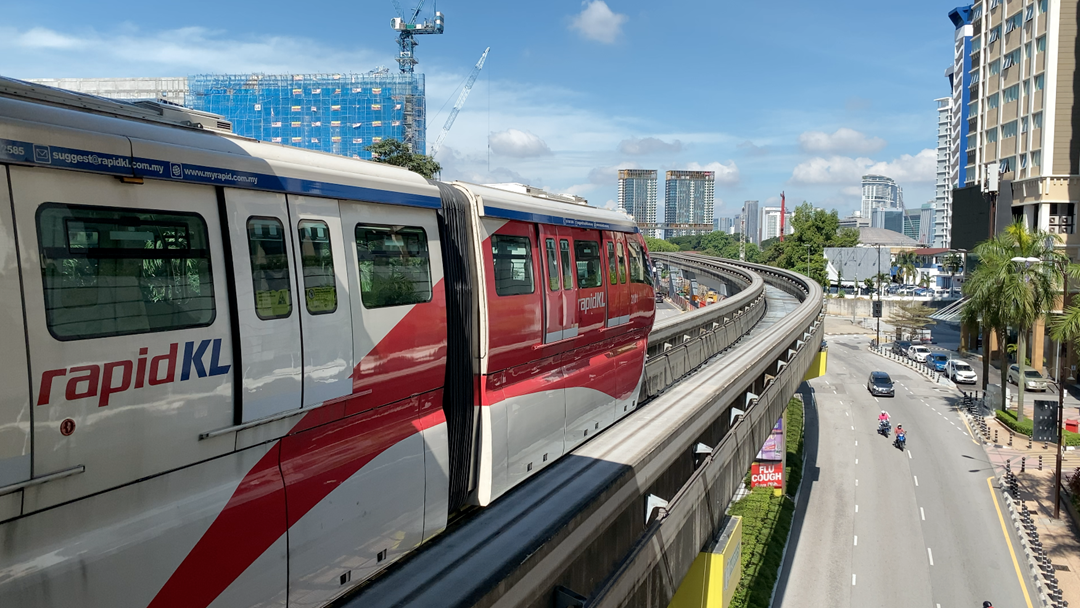
Kuala Lumpur, the capital of Malaysia, is still far from its normal busy self. Rian Maelzer/CGTN
Last weekend, the number of cases suddenly jumped back up to triple digits for a couple of days, only adding to the public's anxiety.
Kuala Lumpur is a federal territory under the central government's control. But out of country's 12 state governments, nine decided not to comply with the opening up order just yet, or only to partly comply. The states, including several allied to the ruling federal coalition, felt they – and businesses – needed more time to prepare the procedures for implementing, monitoring and enforcing the safe opening up of the economy.
Many Malaysians worry whether their fellow citizens, let alone the millions of foreign migrant workers living here, will display enough discipline to prevent a new wave of infections, especially if countries such as Japan and South Korea haven't succeeded.
While most highly visible shops and restaurants were following the government's guidelines, what about the not-so-visible workplaces?
The government urged companies to allow staff to work from home if possible or to work on rotation to reduce numbers in their offices.
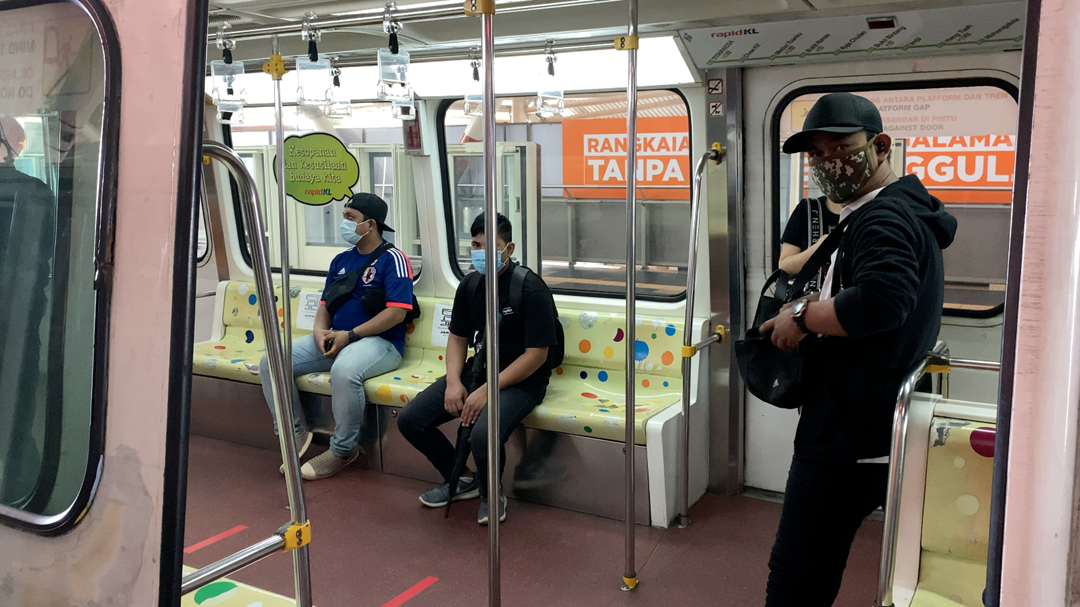
Few people are using public transport in Kuala Lumpur, Malaysia. Rian Maelzer/CGTN
But CGTN got reports of offices, including a company owned by a government-linked investment agency, not checking returning staff's temperatures, not providing masks or ensuring social distancing.
"I'm still worried, no doubt," one office worker said. "But we have guidelines to follow to prevent infection," she said. "I go home, I shower and change right away before I see the kids. We have to look after ourselves."
And that is what it now comes down to.
No one wants to see a spike in the number of new cases. No one here wants to be placed under lockdown again. No one wants their fears of this rapid opening up to turn out to be true so that all the sacrifice and effort of the past seven weeks go to waste.
(Cover photo: Places of worship, schools and universities remain closed in Kuala Lumpur, Malaysia. Rian Maelzer/CGTN)
 简体中文
简体中文

